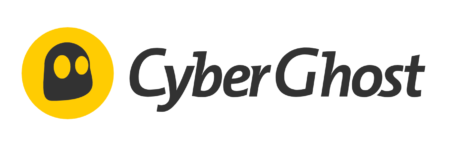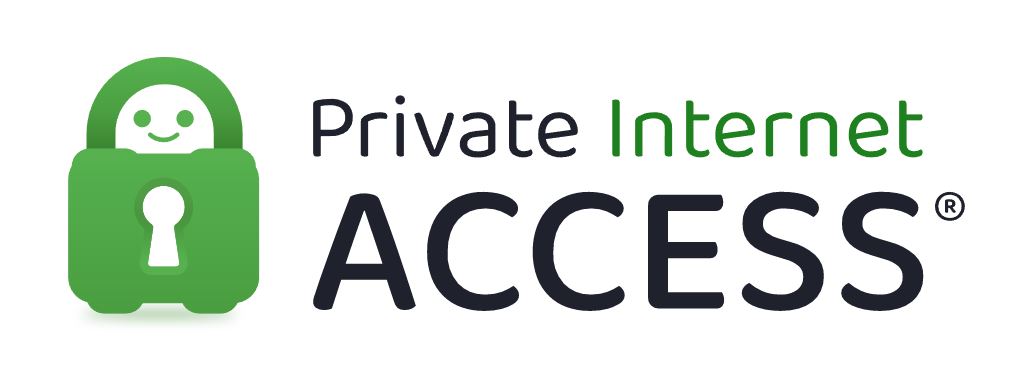
Getting your VPN blocked by the school is a pretty common issue. With new generations of students connected continuously to the Internet, it is becoming increasingly frequent for schools and other educational institutions to restrict the use of their wireless networks.
They determine what students and visitors can or cannot do on the Internet over the connection they provide.
Understand the problem
As educational institutions, this network control is justifiable to a certain extent, at least according to traditional educational models.
But the main reason may be technical. The bandwidth used by the network for Internet access can be limited, i.e., pay-per-use. Even if it is an unlimited service, there is still the concern of not overloading the network with streaming, online games, file-sharing, and other off-class activities. That’s right! I know what you’ve been doing online!
Joking aside, it is also clear that some institutions abuse this control. There are many situations where students’ unrestricted access to the web is desirable and even necessary.
What is wrong with students checking their social media feeds during breaks? It could be a way to prevent them from spending much of their classes distracted by this subject. What if students need to watch a video to research a school assignment? Will they be restricted to the school’s computers and machines? Digital content will be increasingly present in students’ lives, whether their principals like it or not.
To overcome these limitations, tech-savvy students started using VPNs as a workaround. Of course, it took no time for schools to realize it and implement VPN blocking on their networks to prevent students from bypassing the restrictions.
How to prevent your VPN from being blocked by the school
If you have been facing this kind of problem and got your VPN blocked by the school, you’re probably using a free or low-quality VPN. Either way, the first thing you should do is make sure you take full advantage of your VPN. Does it have servers optimized to bypass specific blockings, e.g., for streaming or torrenting? That is the best way to go. If not, you can still try switching servers to see if it works.
If the problem persists, the best you can do is switch VPN. I suggest you do not waste any more time with free VPNs and look for information about the best options available.
High-end VPNs can easily unblock access to any website, application, or online service so that you can use the school network with complete freedom.
There are also other benefits that a reliable VPN can provide in this kind of situation. Even at school, the Wi-Fi network is public and, for that reason, offers many risks in terms of digital security. By accessing the network through an effective VPN connection, you will browse more securely and keep your activities at a much higher privacy level.
If you want a quick and sure pick for the job, these are three great options:

Users' Rating 🛈
Based on Trustpilot, Amazon, Apple App Store, and Google Play Store data available online.

Users' Rating 🛈
Based on Trustpilot, Amazon, Apple App Store, and Google Play Store data available online.

Users' Rating 🛈
Based on Trustpilot, Amazon, Apple App Store, and Google Play Store data available online.

